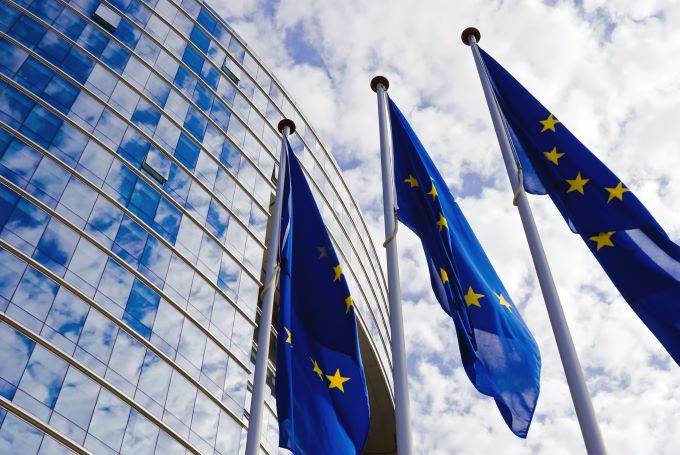 According to Theresa May’s former advisor Gavin Barwell, a member of the House of Lords, Boris Johnson’s Brexit deal gives Brussels what it wanted regarding Northern Ireland.
According to Theresa May’s former advisor Gavin Barwell, a member of the House of Lords, Boris Johnson’s Brexit deal gives Brussels what it wanted regarding Northern Ireland.
Brussels was demanding from the UK to avoid the creation of a border between Northern Ireland and the Republic of Ireland. In order to comply with this demand, Theresa May’s government agreed to include the controversial Irish backstop clause, which would have kept the UK and Northern Ireland aligned in some aspects with the EU Customs Union and the European single market and would have not left Northern Ireland to leave the union without Brussels’ consent.
“The government has gone back to what the EU originally wanted, a Northern Ireland-only arrangement,” Barwell explained, “The result is that goods will have to undergo customs checks when they are moved from Great Britain to Northern Ireland, creating a border in our single market,” he continued.
Despite his criticism, he still recognized that Johnson’s deal is better regarding Stormont, as it permits Stormont residents to decide whether they agree or not with the arrangement.
Barwell also asked the UK government to be honest regarding the next phase of the Brexit negotiation process, adding that it will be particularly difficult as there is no precedent.
“We are about to negotiate something completely unprecedented,” said Barwell, “A free trade agreement which is not about removing barriers to trade but agreeing when and to what extent they will have to be put up,” he added.
During his first interview in 2020, the United Kingdom’s Prime Minister Boris Johnson didn’t rule out the possibility of not reaching a trade deal with the European Union by the end of 2020, though he highlighted his optimism
“I think it’s very likely. I’m not going to give you a percentage,” he told BBC Breakfast, “Obviously, you always have to budget for a complete failure of common sense. That goes without saying. But I am very, very, very confident- that we will get [a deal],” he added.
After the markets learned that there is a higher chance of a cash rate cut, given the recent weak economic growth figures and BoE’s Mark Carney’s latest comments, the Pound Sterling has been losing ground against the US dollar.
By 11:00 GMT the Pound Sterling went down against the US dollar, losing 0.12 percent and hitting the 6.8837 level. On the other hand, it remained steady against the Euro, at 1.16640.
